A friend of mine once told me about a time when the kids she worked with emptied a bunch of plastic water bottles on each other for fun. Concerned, she tried to explain that it was a waste of both water and plastic.
“So? Who cares?” the kids replied.
They were in Washington State, where the beautiful ocean, lakes, and rivers abound. The concept of dirty drinking water or heaps of plastic waste was too far removed for them to grasp.
A similar conceptual distance can make it hard to connect with the injustice of human trafficking.
Maybe it’s easier to care when an issue affects you personally or confronts you regularly. Perhaps a loved one contracts a disease or you see people suffering from homelessness in your city, so you give or volunteer for causes like these.
But how do we care deeply about something that doesn’t really touch our lives?
You may not know someone personally who has been trafficked, and you probably won’t see people being trafficked before your eyes on a regular basis. Human trafficking is a crime that runs below the radar—out of sight, out of mind.
But with an estimated 50 million victims worldwide, it’s an injustice worth caring about. And when we allow injustice to break our hearts, we open a pathway to change.
What makes us care about something?
Sometimes our hearts break for injustice instantly by the Holy Spirit’s leading. Other times, it happens gradually as we choose to face injustice with intention.
 Before LJI’s founder, John Molineux, started fighting human trafficking, he was living in Nepal working with orphans (pictured above) and reading a book called Sex Slaves by Louise Brown.
Before LJI’s founder, John Molineux, started fighting human trafficking, he was living in Nepal working with orphans (pictured above) and reading a book called Sex Slaves by Louise Brown.
“I remember putting down the book and trembling with desperation, thinking, ‘We have to do something,’” he wrote.
From there, Molineux and his team began researching strategies to fight human trafficking, and so began the work that Love Justice is best known for today.
Although others may have read the same book and likewise reacted emotionally, few if any leapt into such long-term, impactful action as Molineux did.
When asked what made him connect so strongly with the need to act, Molineux said, “I think maybe it was the fact that I did it in a context where I was … facing up to and thinking about injustice intentionally, away from other distractions.”
It can be challenging to face up to injustice. We may not have the capacity to engage with every cause in the world, but we can make a big difference by being intentional with a few.
For Christians, we also want to live like Jesus. Everywhere He went, Jesus defied cultural norms and His own physical needs in order to heal the sick and have compassion on those whom society had rejected. He commissioned His followers to do the same.
Perhaps the simplest reason why caring is valuable is because it really DOES make a difference. Nonprofits, missionaries, hospitals, and others have impacted countless lives all because someone cared.
An exercise in caring intentionally—allowing it to touch your heart
Read the following story slowly, with your full attention. If it helps, read it out loud.
After three months of virtual flirting with an older man she met on TikTok, Flora* was surprised when he asked her to marry him.
“I can’t; I’m only fifteen. I’m still in school and my parents wouldn’t approve,” she said.
The man only pressured her more, threatening to release private conversations and pictures if she didn’t agree. Terrified, Flora told her parents she was going to a tutoring lesson and instead boarded a bus.
Upon arrival, the man took her to a hotel and sexually abused her. He told her they would travel on and marry in Daulatdia—home to one of the largest brothels in the world.
Had she made it there, her fate would have been sealed. She would likely never be able to leave, and her parents would likely never learn what happened to her. This is the fate for hundreds of young girls that are sold into slavery at Daulatdia or other brothels.
Fortunately, Love Justice monitors noticed Flora crying as she stood with the older man at the bus station. They asked a few questions, quickly realized the man was lying, and eventually persuaded Flora to open up and tell them the truth. After a call to her mother, who broke down crying on the phone, Flora was soon on her way home.
If you’re a person who prays, pause to pray for Flora by name, and try to picture her as you pray. Ask God how He feels about Flora.
If you’re not a person who prays, pause to say her name, wish her well, and picture her in your mind as you do this. Although the name Flora is a pseudonym, it represents a young girl in the world who is very real.
 With Flora and her story in your mind, now read these statistics slowly and with your full attention:
With Flora and her story in your mind, now read these statistics slowly and with your full attention:
- 50 million people are trapped in slavery worldwide.
- At least 30% of these are minors.
- Less than 1% of victims are ever rescued.
- Most traffickers are never convicted for their crimes.
Now, consider what it would take to make an impact or reverse some of this injustice.
50 million is a big number—but we don’t have to rescue or intercept 50 million people to make a difference. We just need to slow the machine down until it breaks. We need to cause a tipping point where the systems that support human trafficking begin to collapse.
This is entirely doable.
In the 17 countries where Love Justice has been conducting transit monitoring for five years or more, human trafficking has declined by about 5%—while rising an average of 11.5% in every other country.
How to care well
- Consider the causes you care about the most, maybe pick three to five.
- Research who is making the biggest impact in each of those areas.
- Start giving consistently, not just reactively.
- If you believe in prayer, commit to praying for these causes regularly. It could be five minutes a day, or even five minutes a week—but let the Holy Spirit keep your heart tender toward it and practice sharing the heart of Jesus for those people.
Ownership changes everything. When you see yourself as taking an active part in caring about injustice and doing something about it, you begin to feel empowered and full of purpose—and you start making an impact that multiplies.
Why Love Justice
One of our core values at Love Justice is to help those who need it most. Right now we believe that human trafficking is one of the greatest injustices affecting our world today, given the vast number of victims and the irreversible trauma of those suffering from it.
 We also believe that impact matters, even more than good intentions. That’s why we have honed our strategy to make the greatest impact we can make with the resources we currently have. Our current cost per intercept is about $115, all overhead costs included—an impressively low number to impact a life in such a dramatic way.
We also believe that impact matters, even more than good intentions. That’s why we have honed our strategy to make the greatest impact we can make with the resources we currently have. Our current cost per intercept is about $115, all overhead costs included—an impressively low number to impact a life in such a dramatic way.
We’ve chosen the strategy of transit monitoring because it actually works. It allows us to reach people AS they are trafficked—meaning we can get traffickers arrested, disrupt trafficking networks, and gather valuable data—but BEFORE a person has been subjected to the lifelong trauma of exploitation. It is the ONLY strategy so far that can accomplish this.
By this method, we have helped stop over 90,000 people from being trafficked. Imagine what we could do if our resources were to double or even triple.
Ready to take ownership with us in the battle against injustice? Partner with us through consistent giving via Project Beautiful. You’ll get a prayer bracelet with the name, age, and country of someone who was intercepted—to remind you to pray for them. Together, we can cause a tipping point that will end human trafficking for good.
*All data and statistics current at the date and time of publishing.
-1.png?width=500&height=500&name=LJI_MAINLOGO_WhiteBackground%20(1)-1.png)

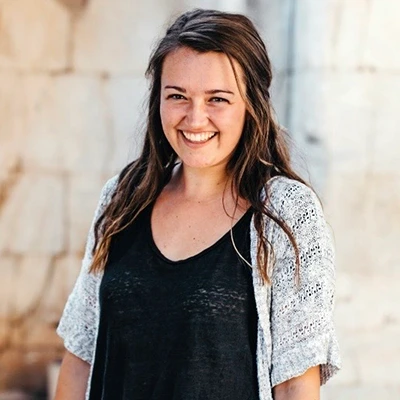
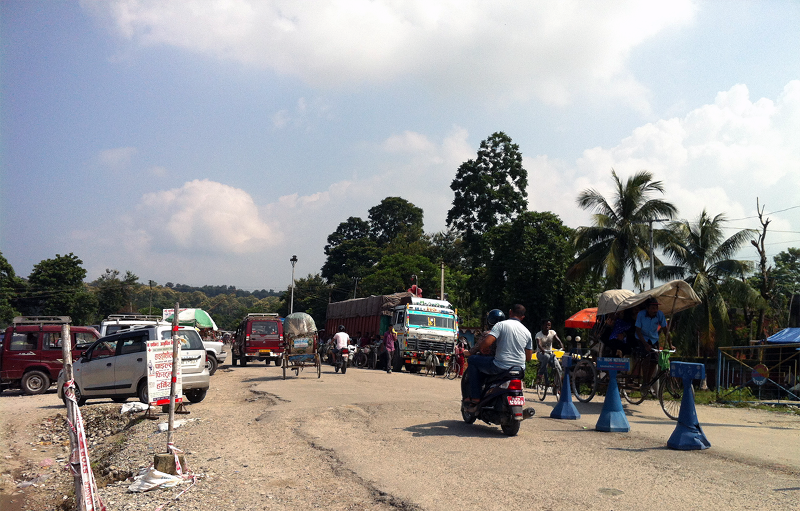
/bimala_feature_blog.webp)
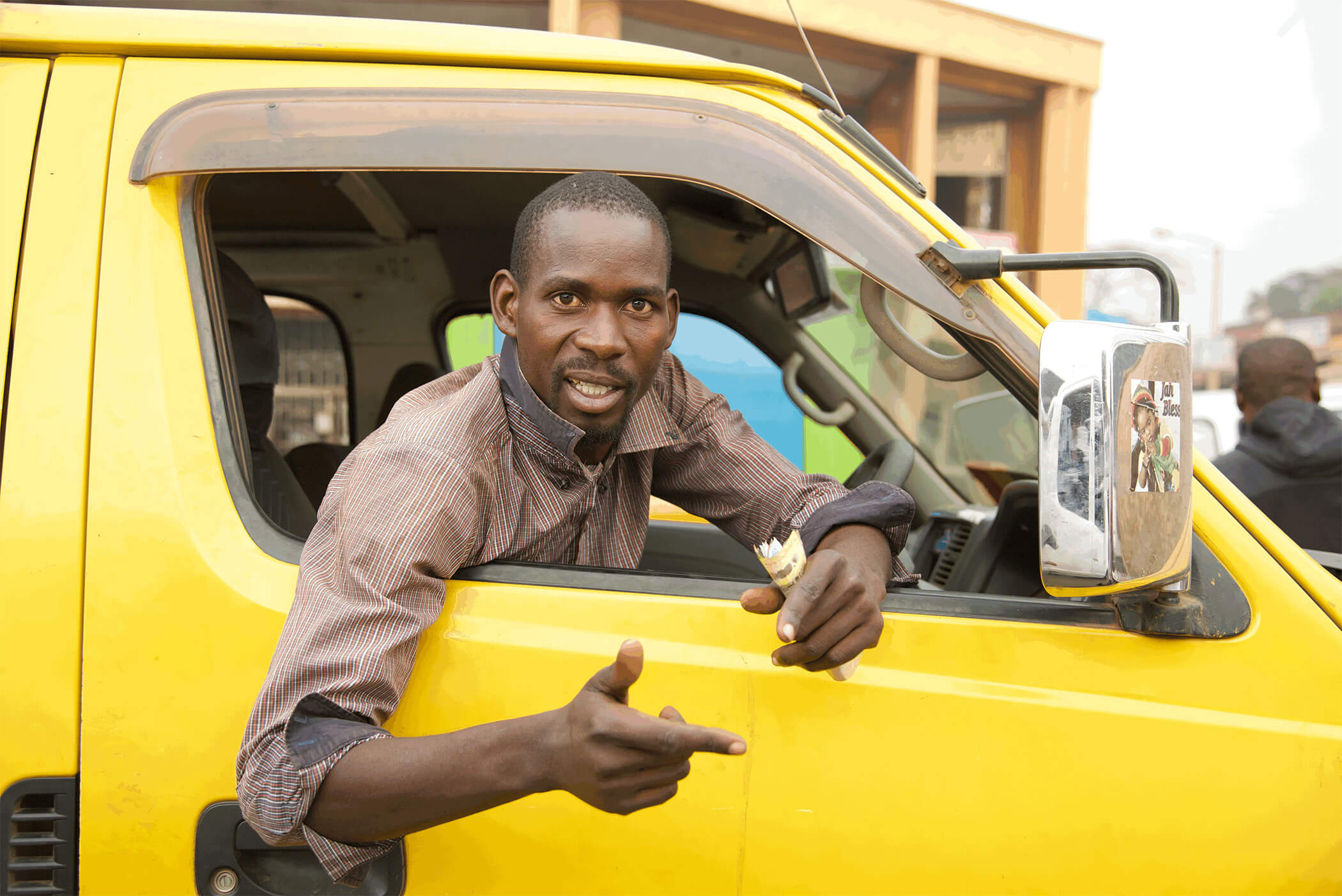
/boy_girl_asia_streets.webp)


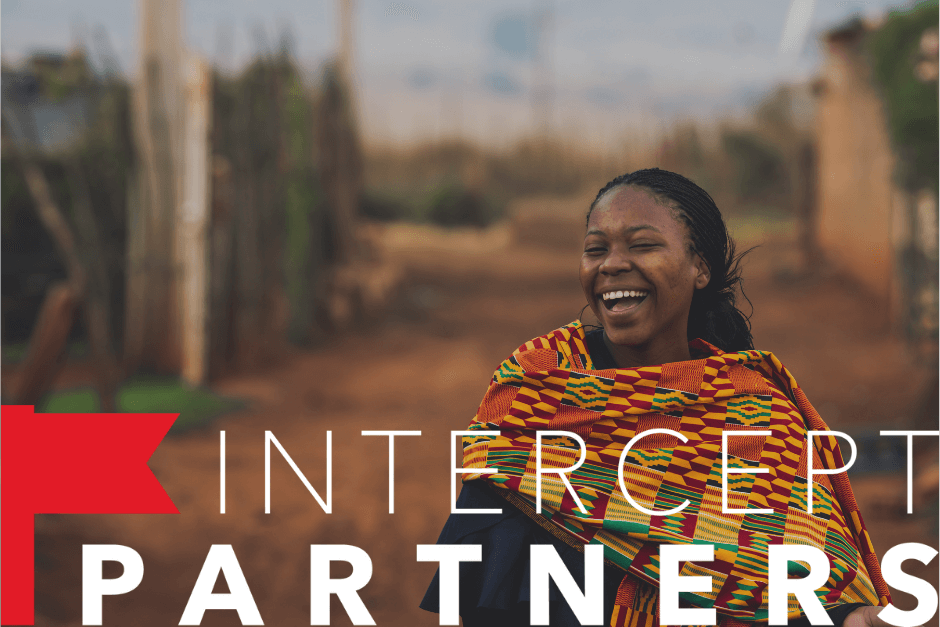

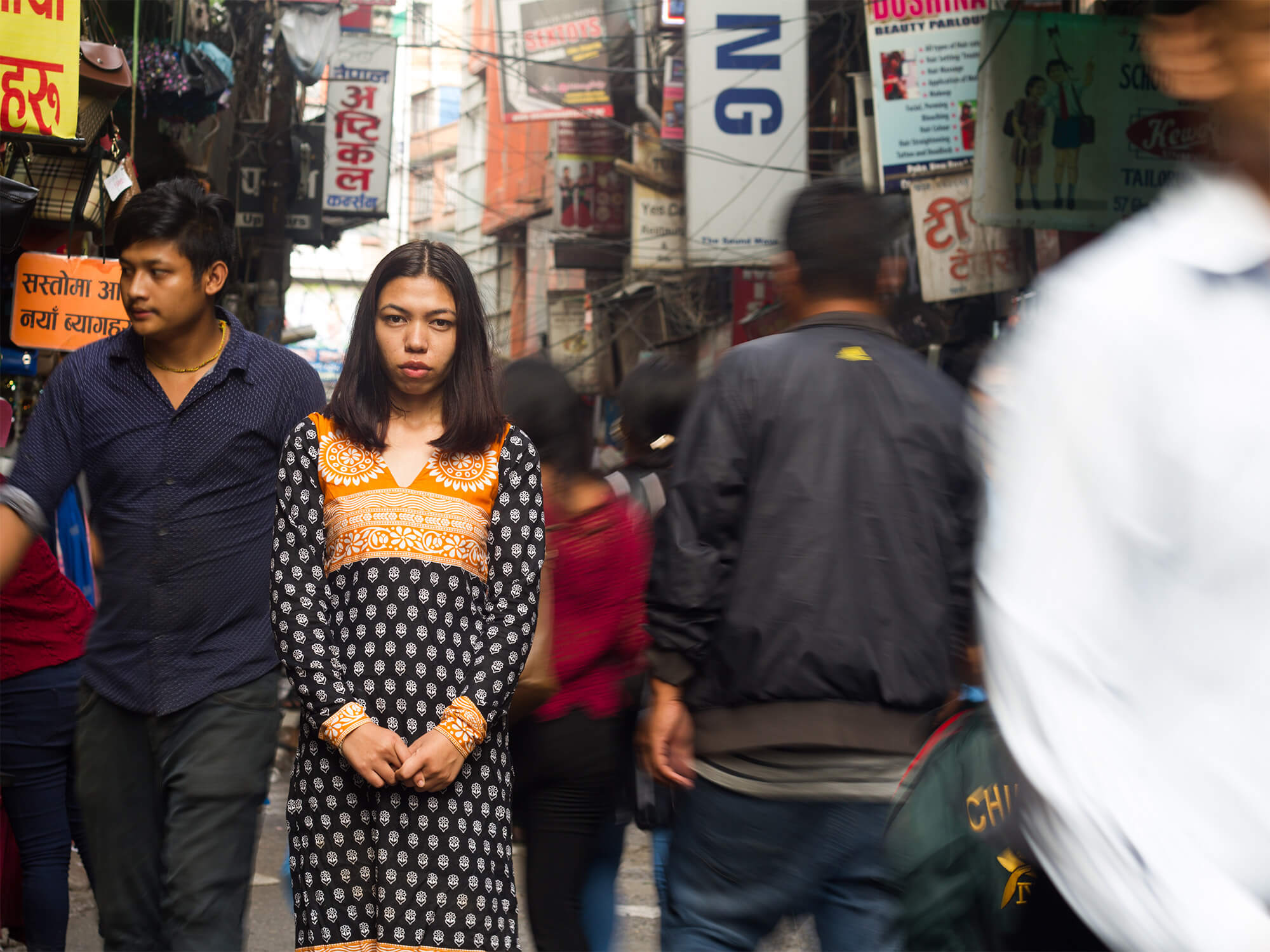


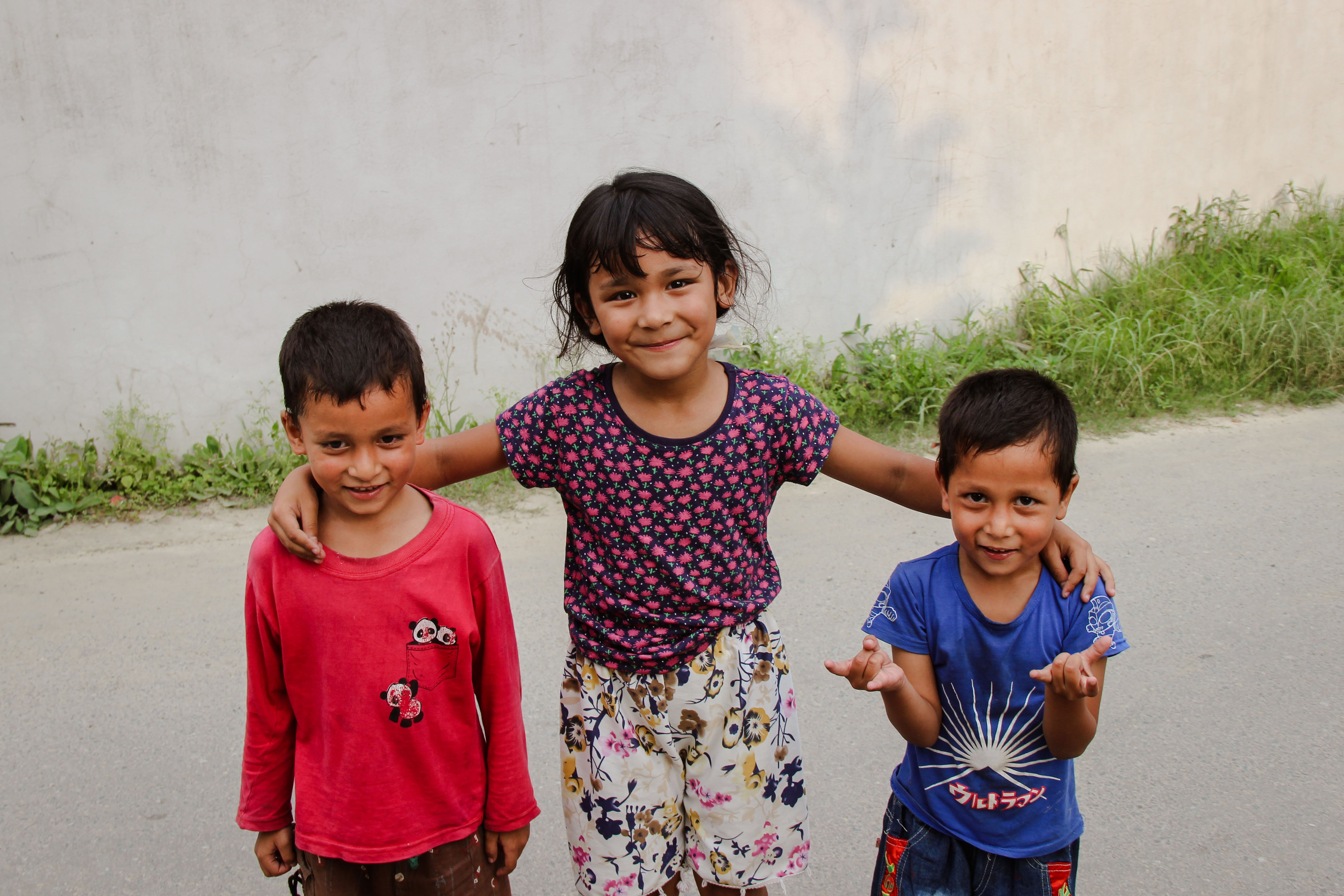
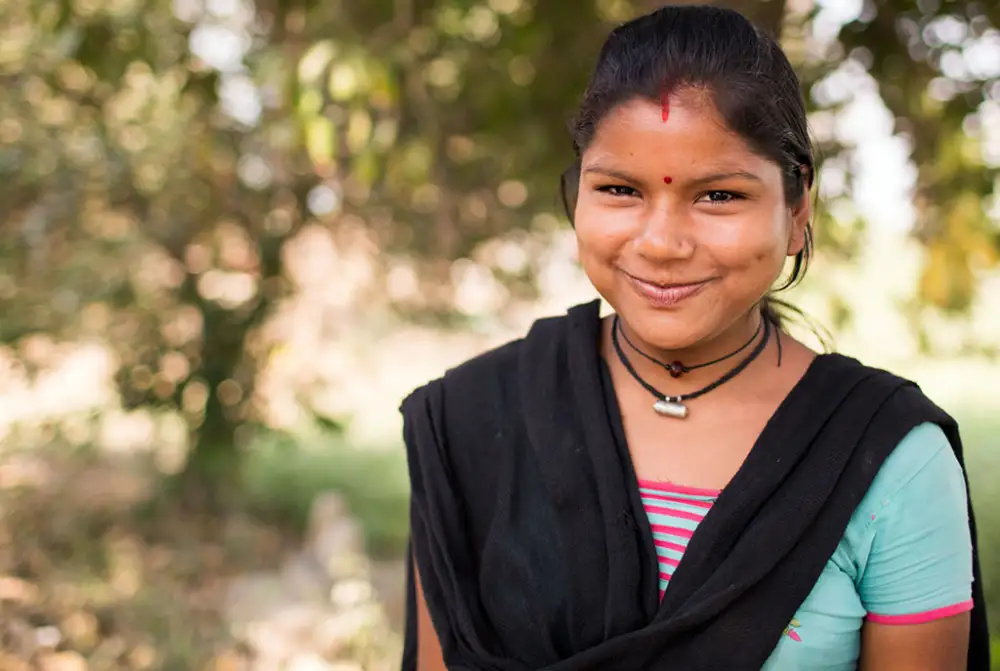
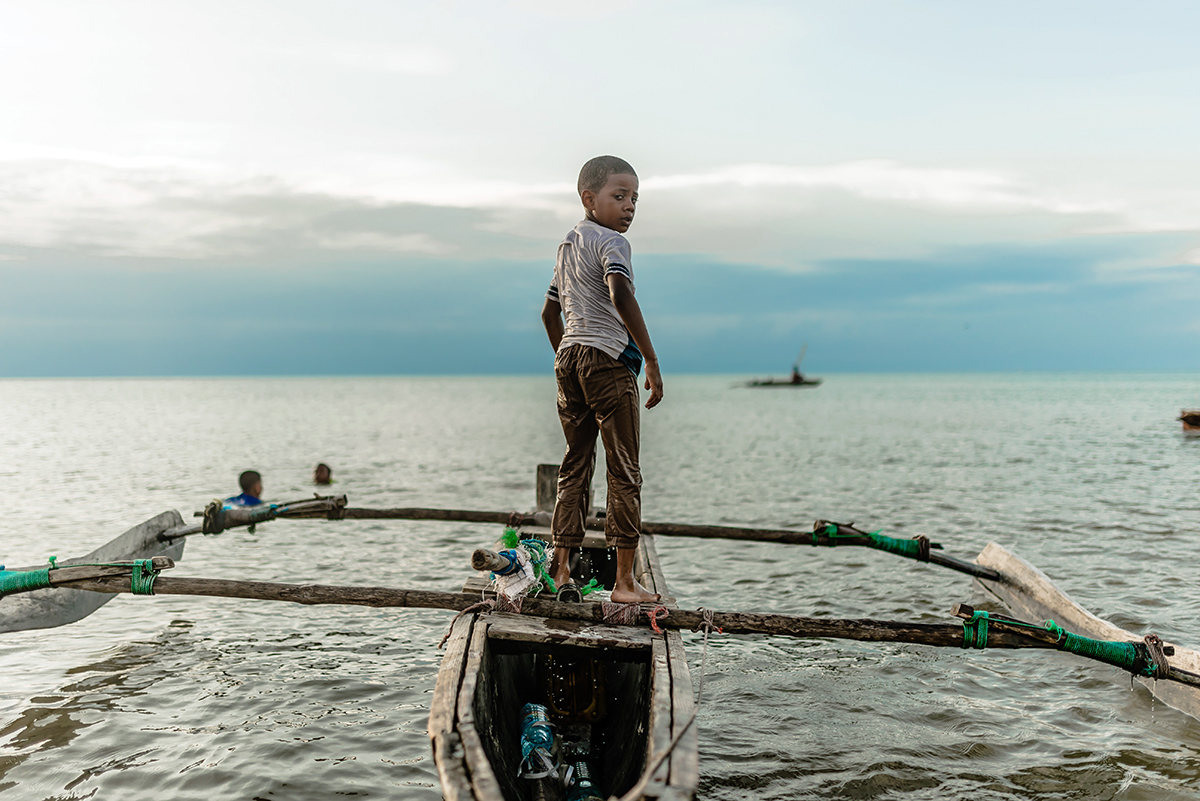
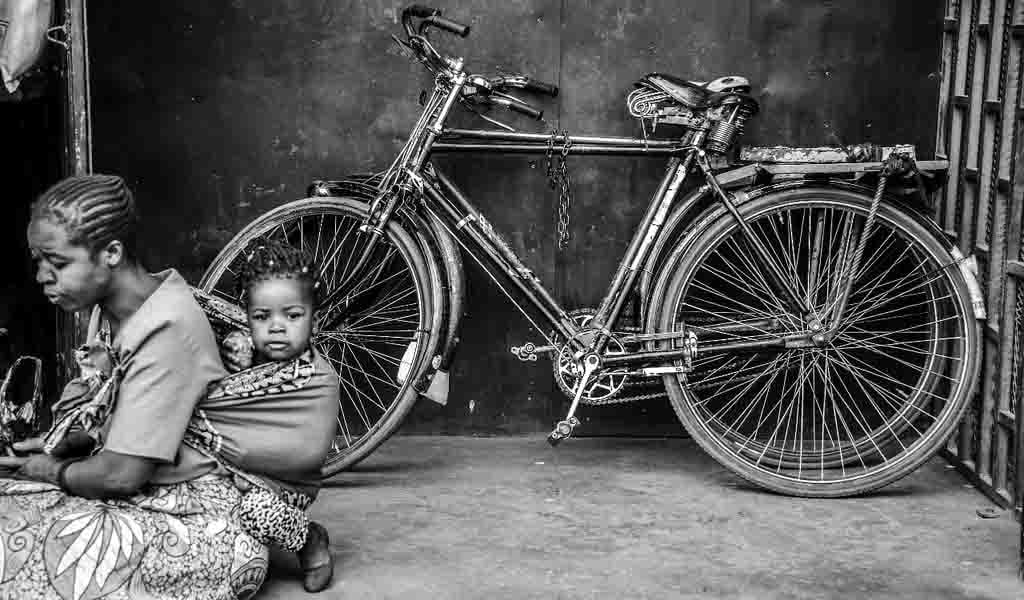

/India%20Border%20Crossing.webp)
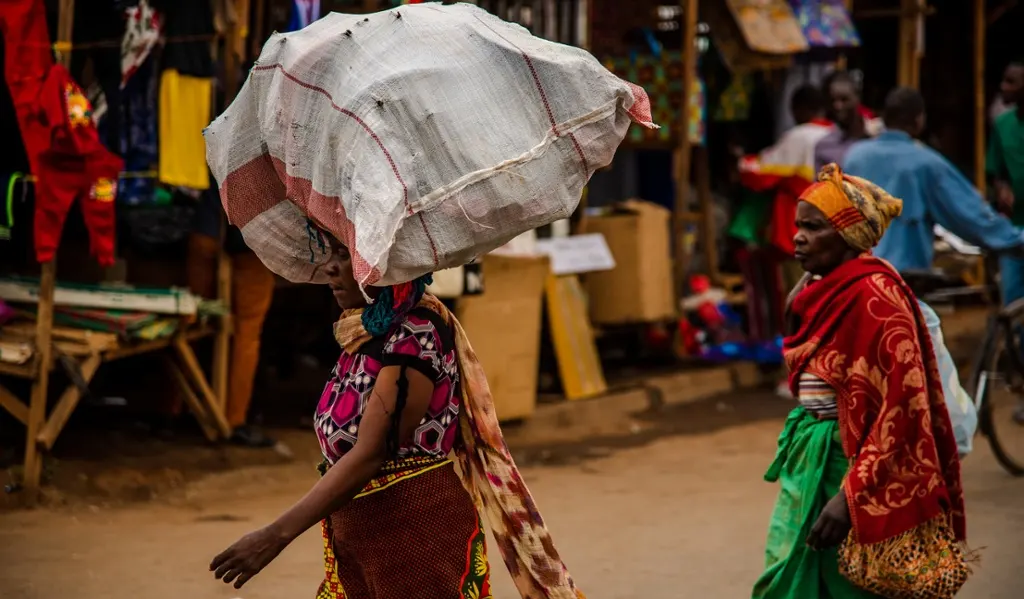
/young_man_sitting_africa_4.webp)


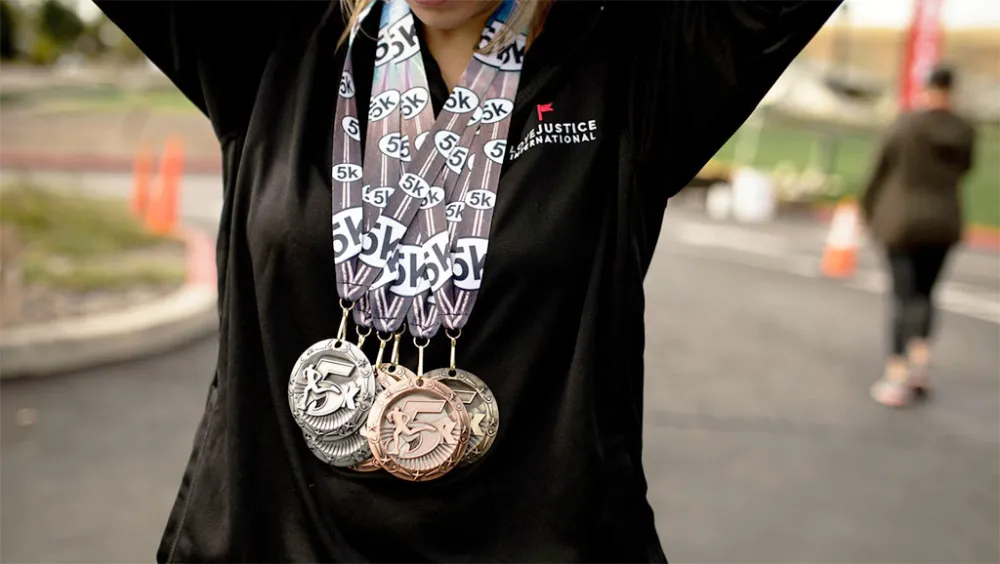




Post a comment